#Burladores
Explore tagged Tumblr posts
Text
I just fell asleep in an incredibly boring and surface level physics presentation but because I was still hearing the presentation in my dream I was Lazarillo de Tormes and the presenter was Duque Octavio from El Burlador de Sevilla and if that is not the wildest combination of characters to be in a physics lecture I don’t know what is
8 notes
·
View notes
Text
CRIMINALIDADE: Suposto ladrão de cartões bancários detido em Quelimane
A Policia da República de Moçambique, deteve nesta sexta-feira (09), um cidadão dos seus 52 anos de idade, quando tentava levantar dinheiro numa ATM em Quelimane, com cartões de débito roubados. Em entrevista aos jornalista nesta segunda-feira (12), o indiciado contou duas versões totalmente diferentes, sendo que, primeiro explicou que os cartões bancários em sua posse, eram pertencentes a um…

View On WordPress
0 notes
Text
Aprende Castellano
share.libbyapp.com/title/306310
View On WordPress
0 notes
Text
How the "Puss in Boots 2: The last wish" has a very important literature reference
Puss, even his fairytale is Italian, is a obvious reference of a Spanish character: the accent, the swordmaster, ... . But, in this movie, he also embodies a very important figure in the Spanish literature and folklore.
(if you want to know more keep reading)
First a small description of Puss and how he is shown in the begining of the movie. He is an hedonist who loves to drink, eat, flirt and duel without the fear of dying. He doesn't value the things of live and thinks he will live forever as a libertine (licentious).
The most licentious character in the literature is Don Juan.

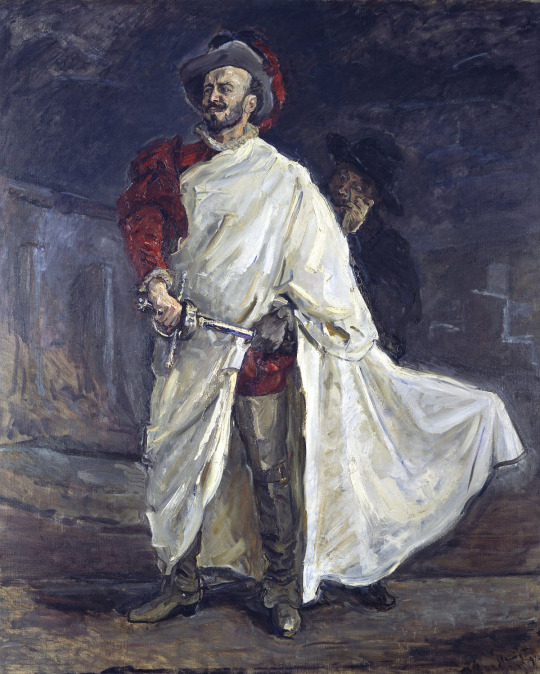
Even Don Juan is a well-known character, lets talk more abot him and why he is so similar to Puss (not only bc both of them are Andalusians).
Don Juan is not only a literature character from some plays and novels, he is a very popular legend in the Spanish folklore that has two origins in other two tales:
El burlador (The libertine)
El convidado de piedra (The stone guest)
The libertine
Don Juan is an hedonist, it is shown with his lust, gluttony, avarice and his desire for the duels and the scandal. If we notice Puss' deaths we can see this traits:

The flirtatious

The gambling

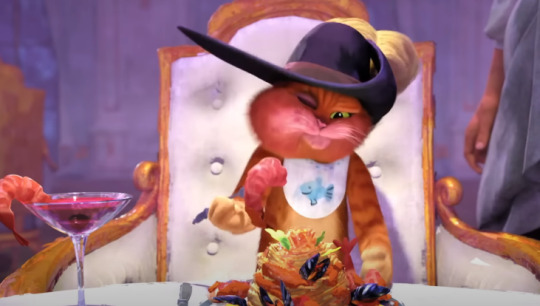
Gluttony
The 4th, 5th and 6th deaths are related of his pride.
Puss doesn't have the malice that Don Juan does, but the paralelism is obvious.
The Stone Guest
Following most of Don Juan's versions, he goes to the cementary where there is a funerary statue of the Comendador (Commander). He invites the statue to go to his home to have dinner with him in a act of vanity and malice. The statue accepts and joins him for dinner, he will be the one who bring Don Juan to Hell.
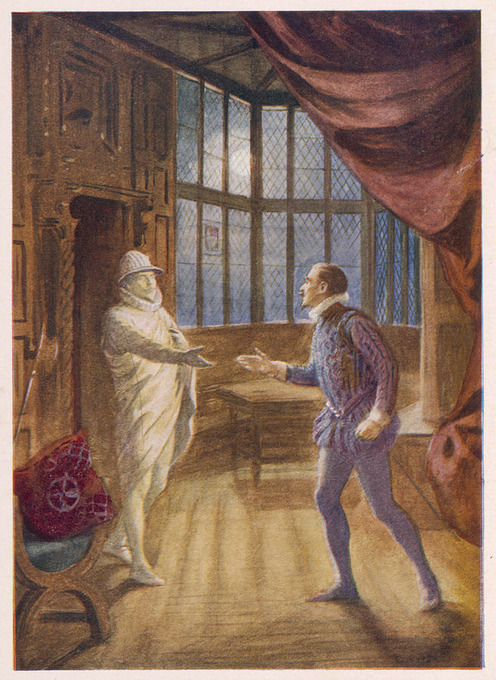
To see the conexion with the movie we have to go to the roots of this legend: the oral tradition of el Galán y la calavera (The Gallant and the Skull).
Here some fragments of this tradition (I won't translate this sorry)
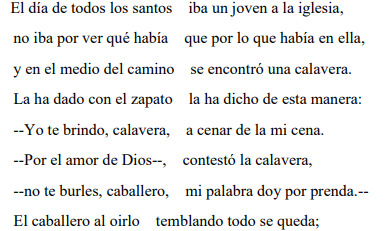
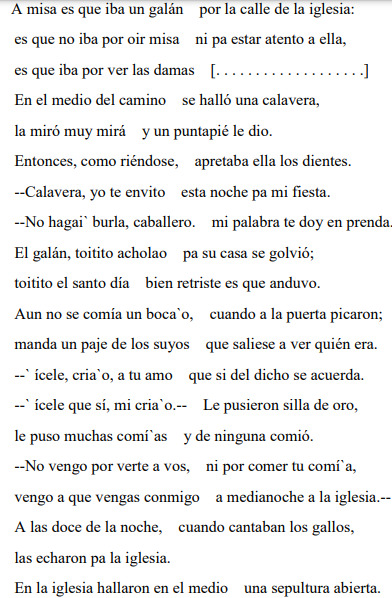
These are narrative poems who tells the story of a young man (libertine too) find a skull in his way. He invites the skull to join for a dinner with him while laughing. For his surprise the skull visits him that night and sits with him at the table joining for dinner. The skull didn't eat nor drink anything, but when the protagonist finish his meal, the skull invites him to join for dinner the next day at its/their home. The dinner would be at the grave, meaning that the Skull is Death itself (herself, bc in most Spanish literature Death is she)
This figure evolved into becoming the stone guest but the core is the same. Both, the Skull and the Stone guest are characters which the protagonist mocked and then reveal that they were Death itself.
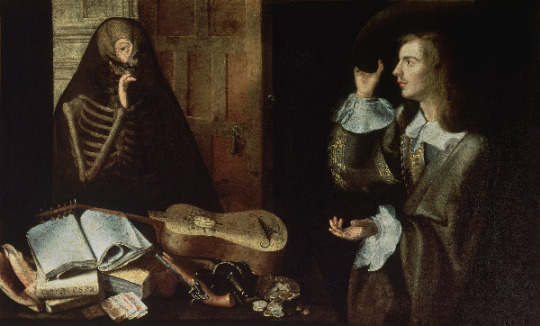
This scene makes it clear:
The last wish is more close to Zorrilla's version of Don Juan, Puss is saved from Death by the value he learned from his love (and friends).
It also has more references: The movie begins with the fuss Puss makes in the house of the Governor as most of the versions of Don Juan starts with him making fuss in the Comendador's house.
Sooo, here ends this post. I'm not very good at English but I hope you all enjoyed reading this.
#puss in boots#The last wish#Death#puss in boots wolf#Wolf#puss in boots death#Don Giovanni#Don Juan#literature#spanish literature#folklore#stone guest
281 notes
·
View notes
Text
Conjuro mexica para inducir al sueño:
Yo mismo, cuyo nombre es Tinieblas, para que yo, para que de nueve partes, para entonces, ven ya, sueño encantador, para cuando fui a traer a mi hermana nueve veces.
Yo sacerdote, cuya hermana es la diosa Xochiquetzal, aunque mucho la guardan los sacerdotes y el resto del pueblo.
El príncipe y los más poderosos, con que era imposible entrar, por lo cual invoqué a voces al sueño, y con eso se fueron todos los nueve profundos y las guardas quedaron dormidas profundamente.
Porque soy yo el mancebo, yo a quien crujen las coyonturas, y que disparatadamente grito a todas partes.
Ea, ya ven, sacerdote un pedernal, ve a saber si duerme ya mi hermana, que ya voy a sacarla para codicien a mi mancebo, para que no me codicien ninguno de sus hermanos, para que no me codicien cuando la lleve a los nueve profundos, que ya he de llevar al centro de la Tierra y es para entregarla allí a las tinieblas, para que aunque la vuelva por cuatro partes, no sienta yo que soy la misma guerra, para quien todo es burla y que ya dispongo burlas de todos, convirtiéndolos en otros, haciéndolos quedar insencibles, yo que soy la misma guerra, burlador de todos, que los quiero yo entregar para que queden borrachos, perdidos en las tinieblas y en el sueño.
61 notes
·
View notes
Text

didn’t want to derail op’s post but you can also do this for don ottavio according to burlador
5 notes
·
View notes
Text
youtube
Mucho cuidado con los caidos, pues en cualquier momento Jehová Dios los podría volver a levantar con fuerza y poder... Esta canción está muy dedicada para los críticos, juzgadores, señaladores, burladores y condenadores!!! Pues el crea estar firme mire que no caiga!!! Escrito está. Profeta AL Boris.
4 notes
·
View notes
Text
All the books, poems and plays I studied for my undergrad degree
NB. I wasn't a literature major, or even a Hispanic Literature or French Literature major. These books just parts of units that I did for my degree. I studied all the works here in their original language i.e. in Spanish or French, so their English translations might be more well known.
Huis clos by Jean-Paul Sartre
Candide by Voltaire
L'école des femmes by Molière
La casa de Bernada Alba by Federico García Lorca
Le Voyeur by Alain Robbe-Grillet
En attendant Godot by Samuel Beckett
El burlador de Sevilla by Tirso de Molina
Don Juan Tenorio by José Zorrilla
El solitario en octubre by Emilio Carballido
La fiesta del chivo by Mario Vargas Llosa
El laberinto de la soledad by Octavio Paz
Selected poems and works by Charles Baudelaire, Paul Verlaine, Gabriela Mistral, NourBese Philip, Gustavo Adolfo Bécquer, Jorge Luis Borges, and Gabriel García Márquez
8 notes
·
View notes
Text


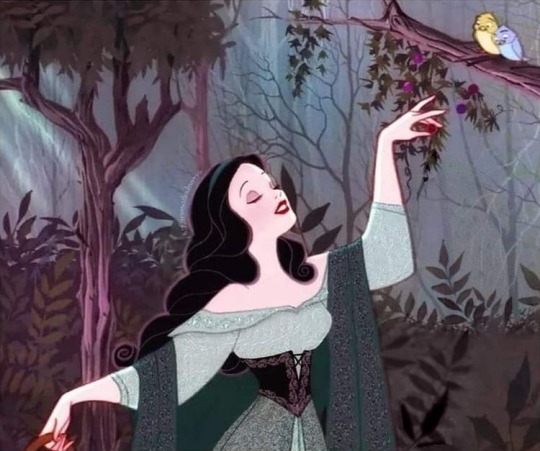
Reading List - Lista para Leer
Aves sin nido Clorinda Matto de Turner
Dom Casmurro Joaquim Maria Machado de Assis
Ariel José Enrique Rodó
El Moto Joaquin Garcia Monge
La amada inmóvil Amado Nervo
Desolación Gabriela Mistral
La señorita Etcétera Arqueles Vela
La vorágine José Eustasio Rivera
Doña Bárbara Rómulo Gallegos
Cuentos de Amor, de Locura y de Muerte Horacio Quiroga
Other selected works
Isabel Allende, “Dos palabras”
Anónimo, “Romance de la pérdida de Alhama”
Anónimo, Lazarillo de Tormes (Prólogo; Tratados 1, 2, 3, 7)
Gustavo Adolfo Bécquer, Rima LIII (“Volverán las oscuras golondrinas”)
Jorge Luis Borges, “Borges y yo”
Jorge Luis Borges, “El Sur”
Julia de Burgos, “A Julia de Burgos”
Miguel de Cervantes, Don Quijote (Primera parte, capítulos 1–5, 8 y 9; Segunda parte, capítulo 74)
Julio Cortázar, “La noche boca arriba”
Hernán Cortés, “Segunda carta de relación” (selecciones)
Sor Juana Inés de la Cruz, “Hombres necios que acusáis”
Rubén Darío, “A Roosevelt”
Don Juan Manuel, Conde Lucanor, Exemplo XXXV (“De lo que aconteció a un mozo que casó con una mujer muy fuerte y muy brava”)
Osvaldo Dragún, El hombre que se convirtió en perro
Carlos Fuentes, “Chac Mool”
Federico García Lorca, La casa de Bernarda Alba
Federico García Lorca, “Prendimiento de Antoñito el Camborio en el camino de Sevilla”
Gabriel García Márquez, “El ahogado más hermoso del mundo”
Gabriel García Márquez, “La siesta del martes”
Garcilaso de la Vega, Soneto XXIII (“En tanto que de rosa y azucena”)
Luis de Góngora, Soneto CLXVI (“Mientras por competir con tu cabello”)
Nicolás Guillén, “Balada de los dos abuelos”
José María Heredia, “En una tempestad”
Miguel León-Portilla, Visión de los vencidos (dos secciones: “Los presagios, según los informantes de Sahagún” y “Se ha perdido el pueblo mexica”)
Antonio Machado, “He andado muchos caminos”
José Martí, “Nuestra América”
Rosa Montero, “Como la vida misma”
Nancy Morejón, “Mujer negra”
Pablo Neruda, “Walking around”
Emilia Pardo Bazán, “Las medias rojas”
Francisco de Quevedo, Salmo XVII (“Miré los muros de la patria mía”)
Horacio Quiroga, “El hijo”
Tomás Rivera, . . . y no se lo tragó la tierra (dos capítulos: “... y no se lo tragó la tierra” y “La noche buena”)
Juan Rulfo, “No oyes ladrar los perros”
Alfonsina Storni, “Peso ancestral”
Tirso de Molina, El burlador de Sevilla y convidado de piedra
Sabine Ulibarrí, “Mi caballo mago”
Miguel de Unamuno, San Manuel Bueno, mártir

#lista para leer#catholic#feminine#reading list#Spanish reading list#spanish#reading#books to read#classic books
5 notes
·
View notes
Text
" Está gente vive quejándose y descontenta de su suerte , siguiendo sus propios deseos impuros ; Pero amados recordad lo que os anunciaron los apóstoles de nuestro señor Jesucristo
Ellos os dijeron: ' En los últimos tiempos habrá burladores que seguirán sus deseos impíos
Éstos son los que causan división entre vosotros, los que siguen la inclinación de sus propias almas y no tienen el espíritu
Judas 1 ( 16-19 )
#amor verdadero#escritos#frases#citas#amor#notas#desamor#cosas de la vida#preguntas#cristo#juventus#juventud#alma#desahogo#desamor sarcasmo#desamour#morat#camila cabello
4 notes
·
View notes
Text
"pues veis que hay de amar a mar una letra solamente."
okay i take it back maybe it is actualy reasonable for Tisbea to be seduced that easily if somebody ever said that to me i would marry them on the spot
0 notes
Text

Mary Stuart-Errol Flynn "El burlador de Castilla" (Adventures of Don Juan) 1948, de Vincent Sherman.
5 notes
·
View notes
Text
Una clase de lentitud diferente...

El tiempo de Dios es perfecto: Él no se apresura, pero nunca llega tarde.
2 Pedro 3.8, 9
Los panaderos de masa fermentada aprenden a esperar con paciencia. La masa fermentada es un pan “lento” que requiere más tiempo, esfuerzo y atención que otros tipos de pan. Y como depende de procesos naturales, no se puede apresurar. Pero el resultado vale la pena.
Del mismo modo, algunos beneficios espirituales solo se pueden obtener mediante la espera. Por ejemplo, algunos de los primeros cristianos se sentían frustrados por la demora de Dios. Habían creído que Cristo volvería muy pronto, pero el tiempo pasaba, y ninguna de las promesas que esperaban se estaba cumpliendo. De hecho, Pedro advirtió a los creyentes que los burladores dirían: “Todo continúa tal como estaba” (2 P 3.4). Recordó a la gente que nuestra percepción del tiempo es diferente a la de Dios. Para Él, las décadas y los milenios pasan como momentos y días. Por lo tanto, decir que Dios “tarda” en cumplir su promesa revela una grave falta de entendimiento.
Pedro afirma que Dios no solo no es lento, sino que lo que parece lentitud es en realidad su paciencia. Al igual que el panadero de masa fermentada, Dios espera sin prisas algo mejor: ver que más personas acepten su generoso regalo. Nosotros también podemos esperar pacientemente si entendemos que las demoras de Dios siempre conducen a algo mejor de lo que podemos imaginar.
(Ps. Charles Stanley).
#Charles Stanley#Una clase de lentitud diferente#Dios es fiel a sus promesas#el tiempo de Dios es perfecto
2 notes
·
View notes
Text
DON JUAN BURLADOR·
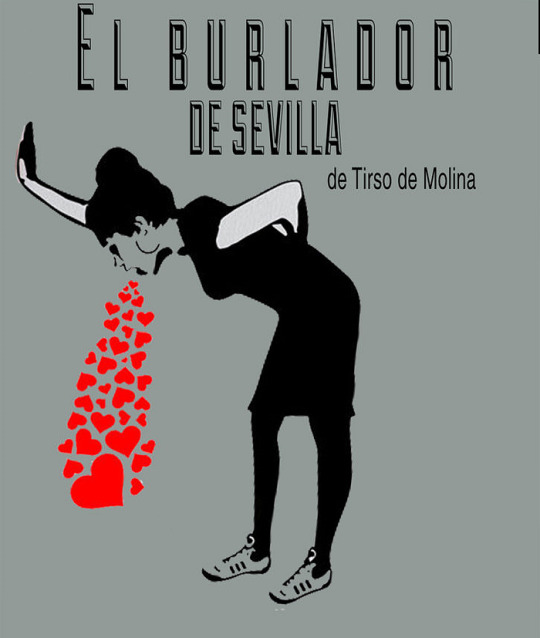
No hay dos sin tres. Saltando de “Tan largo me lo fiais” a “El burlador de Sevilla” a caer en “Don Juan Tenorio” nos podríamos desgañitar hasta el infinito si Zorrilla se inspiro en Tirso de Molina o plagio. Lo que no parece existir (mucho) dudas (hay algunos voces despistados o no, hay que darle ciertas creencias) es sobre la autoría del personaje del Sevillano Don Juan Tenorio. Este personaje fue plagiado de la vida misma, digamos, por Tirso de Molina quien le incorporo en la literatura universal del siglo de oro español. Si bien este o estos macho(s) ibérico burlador(es) de mujeres pone a las hembras ibéricas, quienes han parido estos machos y a todos los demás mamíferos, a nivel de cachondas fingiendo virtudes, por no decir putas, nos encontramos ante la dicotomía de los sexos, quien se burlo de quien, sibilinas que son.
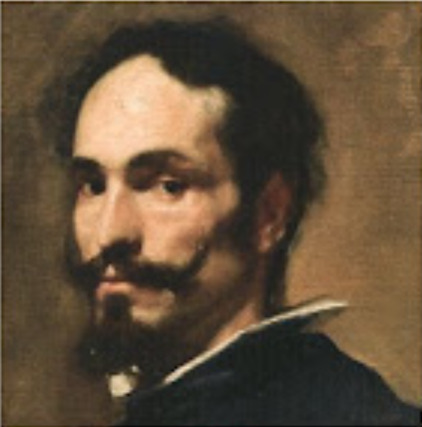
El burlador de Sevilla — ¡¡RESUMEN POR ACTOS!! (unprofesor.com)
El burlador de Sevilla: resumen y comentario de texto — Espaciolibros.com
youtube
(649vid1) https://youtu.be/mSLOmfjMb7g Estudio 1 TVE — El Burlador De Sevilla (Tirso de Molina).avi
PDF: EL BURLADOR DE SEVILLA (seducoahuila.gob.mx)
El burlador de Sevilla y convidado de piedra es una obra de teatro que recoge el mito de don Juan, sin duda el personaje más universal del teatro español. De autoría discutida, se atribuye tradicionalmente a Tirso de Molina y se conserva en una publicación de 1630, aunque tiene como precedente la versión conocida como Tan largo me lo fiais representada en Córdoba en 1617 por la compañía de Jerónimo Sánchez. Alfredo Rodríguez López-Vázquez señala al dramaturgo Andrés de Claramonte como autor de la obra en función de pruebas de carácter métrico, estilístico e histórico. Sin embargo, tanto Luis Vázquez como José María Ruano de la Haza la dan sin dudar como obra de Tirso y otros críticos concluyen que tanto El burlador como el Tan largo me lo fiais descienden de un arquetipo común del Burlador de Sevilla escrito por Tirso entre 1612 y 1625. (El burlador de Sevilla y convidado de piedra — Wikipedia, la enciclopedia libre)
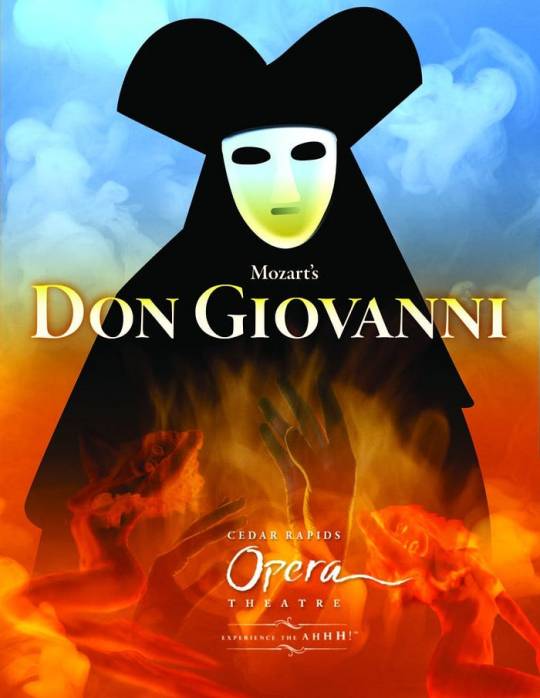
Don Juan personifica una leyenda sevillana que inspiró a Molière, Antonio de Zamora, Carlo Goldoni, Lorenzo da Ponte (autor del libreto de Don Giovanni de Mozart), …
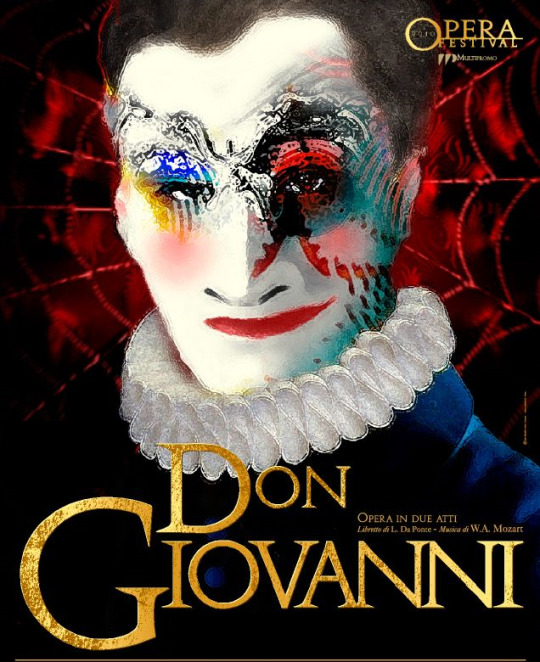
El libertino castigado o Don Juan (título original en italiano, Il dissoluto punito, ossia il Don Giovanni) es un drama jocoso en dos actos con música de Wolfgang Amadeus Mozart y libreto en italiano de Lorenzo da Ponte basado en la obra original El burlador de Sevilla y convidado de piedra de Tirso de Molina. Lleva como número KV 527. Se estrenó en el Teatro de Praga el 29 de octubre de 1787.5 El libreto de Da Ponte fue considerado por muchos en la época como dramma giocoso, término que denota una mezcla de acción cómica y seria. Mozart introdujo la obra en su catálogo como ópera buffa. Aunque a veces clasificada como cómica, mezcla comedia, melodrama y elementos sobrenaturales.

Como obra destacada del repertorio operístico estándar, aparece como el número siete en la lista Operabase de las óperas más representadas en todo el mundo,6 y la tercera de Mozart, después de La flauta mágica y Las bodas de Fígaro. La obra es una reelaboración del tema literario del Don Juan. Además de todas las reelaboraciones literarias y reflexiones filosóficas del tema en general, la ópera ha suscitado algunas recepciones literarias específicas.
La trama se desarrolla en Toledo (España).
(Don Giovanni — Wikipedia, la enciclopedia libre)
youtube
(649vid2) https://youtu.be/dYgryISgOkEDon Giovanni Mozart ópera completa subtitulada Abbado
… lord Byron, Espronceda, Pushkin, Zorrilla, Azorín, Marañón y a muchos otros autores. Es un libertino que cree en la justicia divina («no hay plazo que no se cumpla ni deuda que no se pague») pero que confía en que podrá arrepentirse y ser perdonado antes de comparecer ante Dios («¡Cuán largo me lo fiais!»). Si además recordamos que El burlador de Sevilla se publicó en 1630, podemos concluir que se trata de una obra cuya vocación es moralizante, y que podría haber sido concebida como respuesta a la teoría de la predestinación de Don Juan, según la cual la salvación y la entrada en el reino de los cielos ya ha sido determinada por Dios desde el nacimiento de uno, dado por gracia a través de Cristo y recibido solamente por fe, por lo que los actos no son determinantes para la salvación de las almas.

Se ha especulado mucho sobre la posible inspiración en un personaje real, y se ha señalado a Miguel Mañara como principal candidato. Sin embargo, si aceptamos la opinión mayoritaria respecto a la autoría y la fecha, no podrá considerarse el personaje de don Juan inspirado en la vida de Mañara, ya que este nació en 1627 y la obra se editó solo tres años después. Más aún, una versión precedente del Burlador, el Cuán largo me lo fiais, con el mismo argumento, podría datar de 1617.
youtube
(649vid3) https://youtu.be/3k76P7Wow9Y DON JUAN (1989). BNE HISTORIA. Ballet Nacional de España.
REF: 649
2 notes
·
View notes
Text
I don't even know who reads these but what if
El burlador de Sevilla y el convidado de Piedra but like len is el burlador and kaito is don Gonzalo 🤔 el convidado de piedra
In know what this would mean but think about it... the dinner scene... bro
0 notes